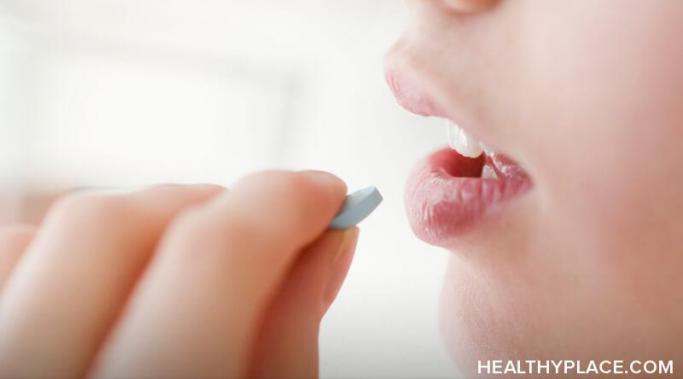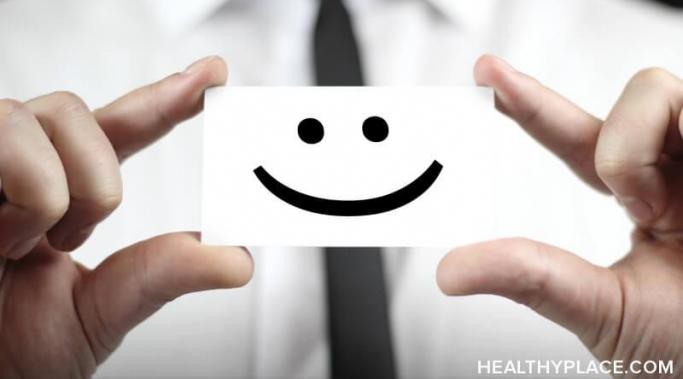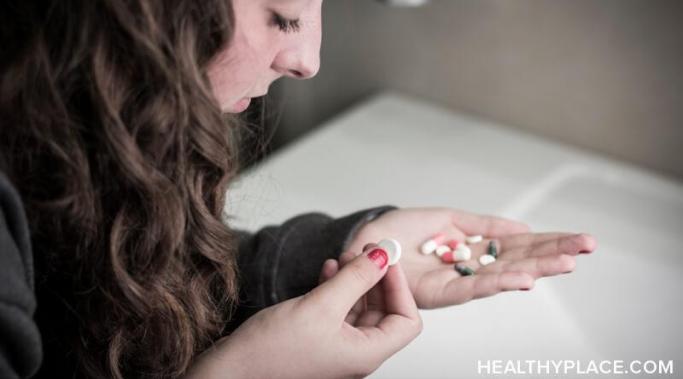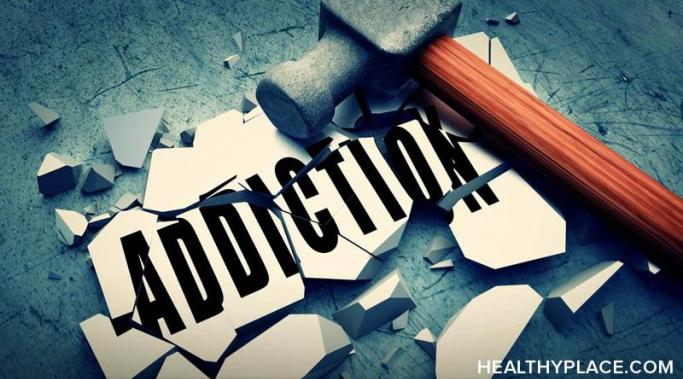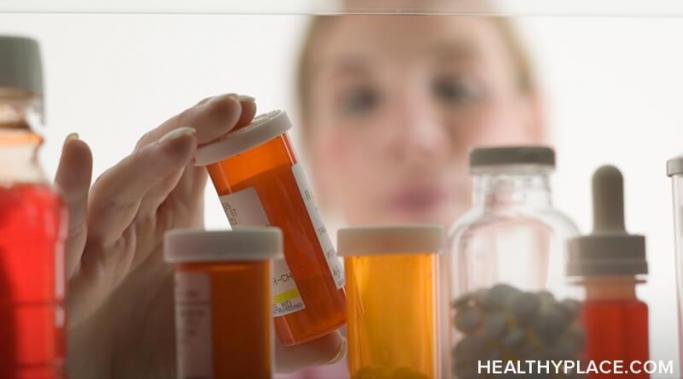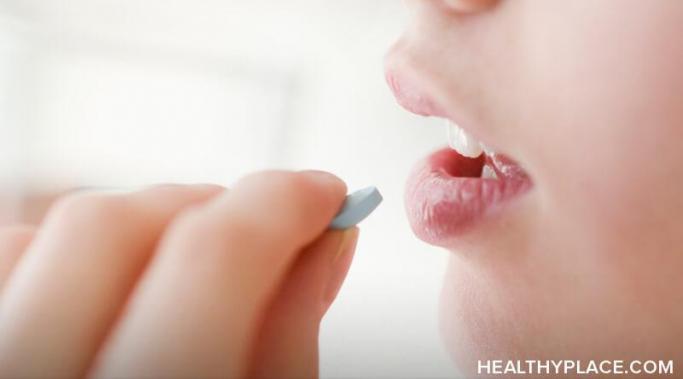Many times during treatment, you may have to consider whether to change your bipolar medication. This is a complicated question and a personal one. The answer varies from person to person. If you're considering changing your bipolar medication, here are some things to think about.
Bipolar Treatment – Breaking Bipolar
I often hide depression with a smile, even when I'm actually extremely depressed. This is a characteristic of "high-functioning" bipolar or depression. In other words, I'm carrying on with life and maybe even look okay, but really, I am drying inside. I've had practice looking mentally well when being really sick for years. I'm awfully good at it. But while this allows me to move through the world more successfully than some, there are also problems when you hide depression despite being very ill.
I hate pop psychology a lot. And I hate pop psychology a lot for a very good reason: it harms those with mental illness (among others). Pop psychology aims to answer the mind's and the brain's questions with simplistic, easily digestible answers. Unfortunately, the brain and mind don't actually work like that. The body and the psyche require more than what pop psychology has to offer. So, yes, I hate pop psychology.
When I started taking medication every day, I was worried that it would make me a drug addict. Some might find this fear weird, but it was definitely a real fear for me. My father was an addict, and I was terrified of turning into one, too. My psychiatrist at the time did nothing to disabuse me of that notion either (he probably never thought it would cross my mind). So, let's look at whether taking medication every day makes you a drug addict and how to deal with that fear.
It's so often the case that a doctor won't listen to you. I've had it happen over and over and over again. Some doctors are worse than others, of course, but it feels like they all do it on some level. I know they use their clinical judgment to assess whatever you say in an appointment, but still, it's no fun when a doctor won't listen to you.
While I know it's tempting, don't try to be your own psychiatrist. Trying to be the psychiatrist is a mistake. Psychiatrists train for 10 years to decide how to help you. Do you have 10 years of training? These people treat others like you every single day and thus have years of clinical experience under their belt. Do you treat others and have years of clinical experience under your belt? For most of us, the answers are "no" and "no." When you try to be the psychiatrist, you hobble your own treatment. And the trust is, I see people doing it all the time.
I had never heard of gambling addiction being a possible side effect of aripiprazole (Abilify) or any other drug. That's why I was shocked to read the headline, "Patients given aripiprazole 'should be told of gambling addiction risks'" in "The Guardian." I consider "The Guardian" to be a source of reliable and fact-checked information, so I looked into it further. It turns out that many people have now recognized that a possible side effect of aripiprazole is gambling addiction.
When treating bipolar disorder, I think it's critical to gain bipolar mood stability first and only then tweak up or down as needed. That means that if you're in a depression right now (and let's face it, that's when people seek help the most), the goal isn't to treat depression, per se, but rather to gain bipolar stability. Of course, I'm not the only one who thinks this. The esteemed psychiatrist Dr. Jim Phelps agrees: treatment should focus on bipolar mood stability first.
Antipsychotics are a class of medications that many people don't like to take. In fact, I was terrified of the notion that it was even a possibility once upon a time. But antipsychotics are often used to treat bipolar disorder and some depression, along with illnesses like schizophrenia, with which we classically associate psychosis. But even though antipsychotics are approved for use in those areas — thus proving they do work for some with those illnesses — people still don't like to take antipsychotics. Why don't people like to take antipsychotics? Well, if you're me, it's because you've tried them.
Bipolar is usually medicated to a manageable level. In other words, people with bipolar disorder who are on medication are not "back to normal," rather, they still exhibit some bipolar traits but at a manageable amount. This is completely different from what I was told for years after diagnosis, and it's also different from what people see in the media. People seem to think that a pill will make the person back to who they were before the bipolar disorder. I'm sorry to say, this just isn't true for the vast majority of us.
